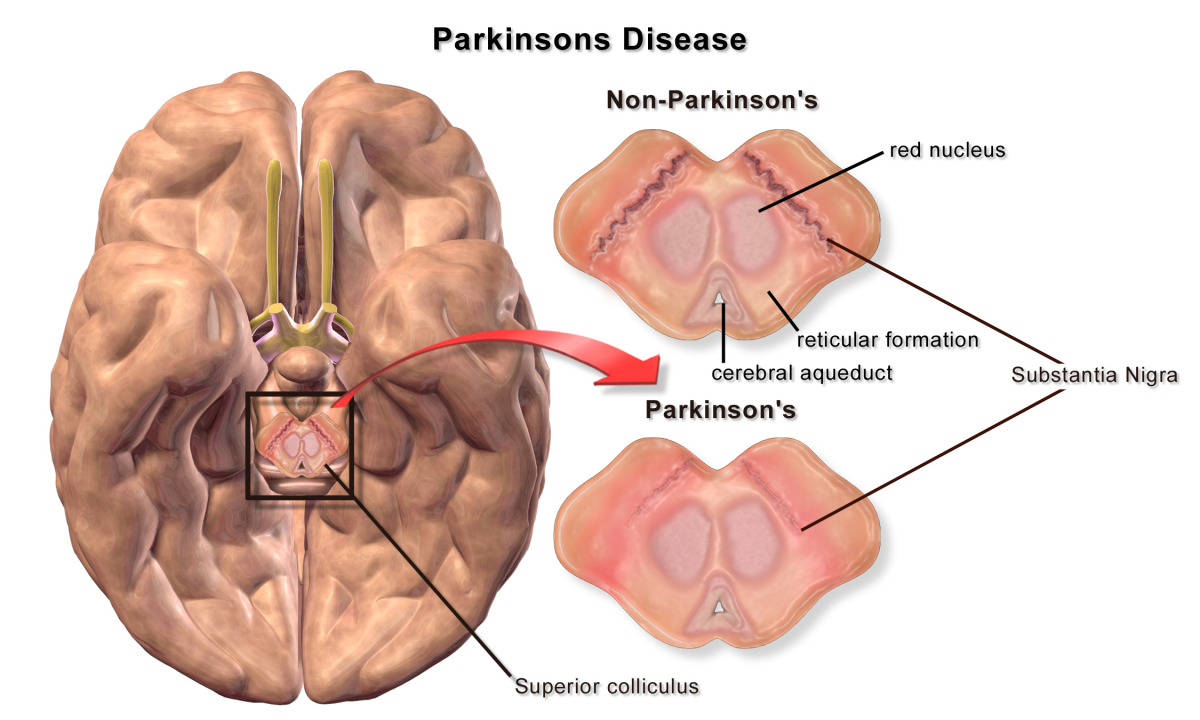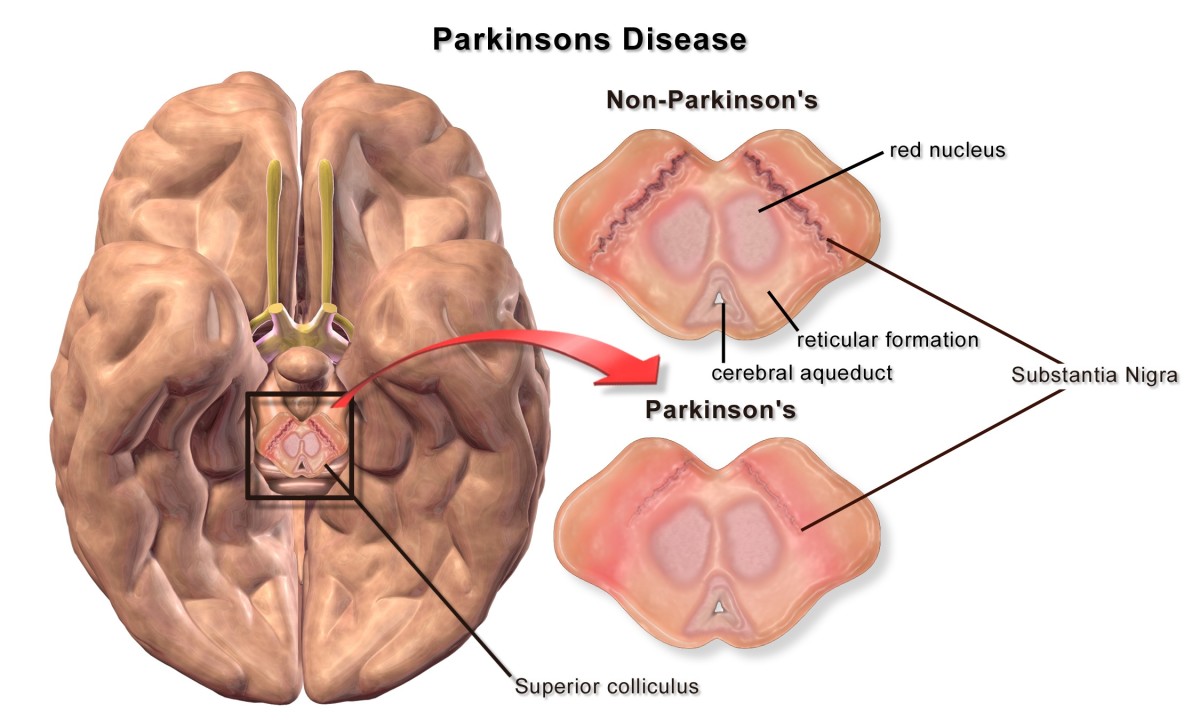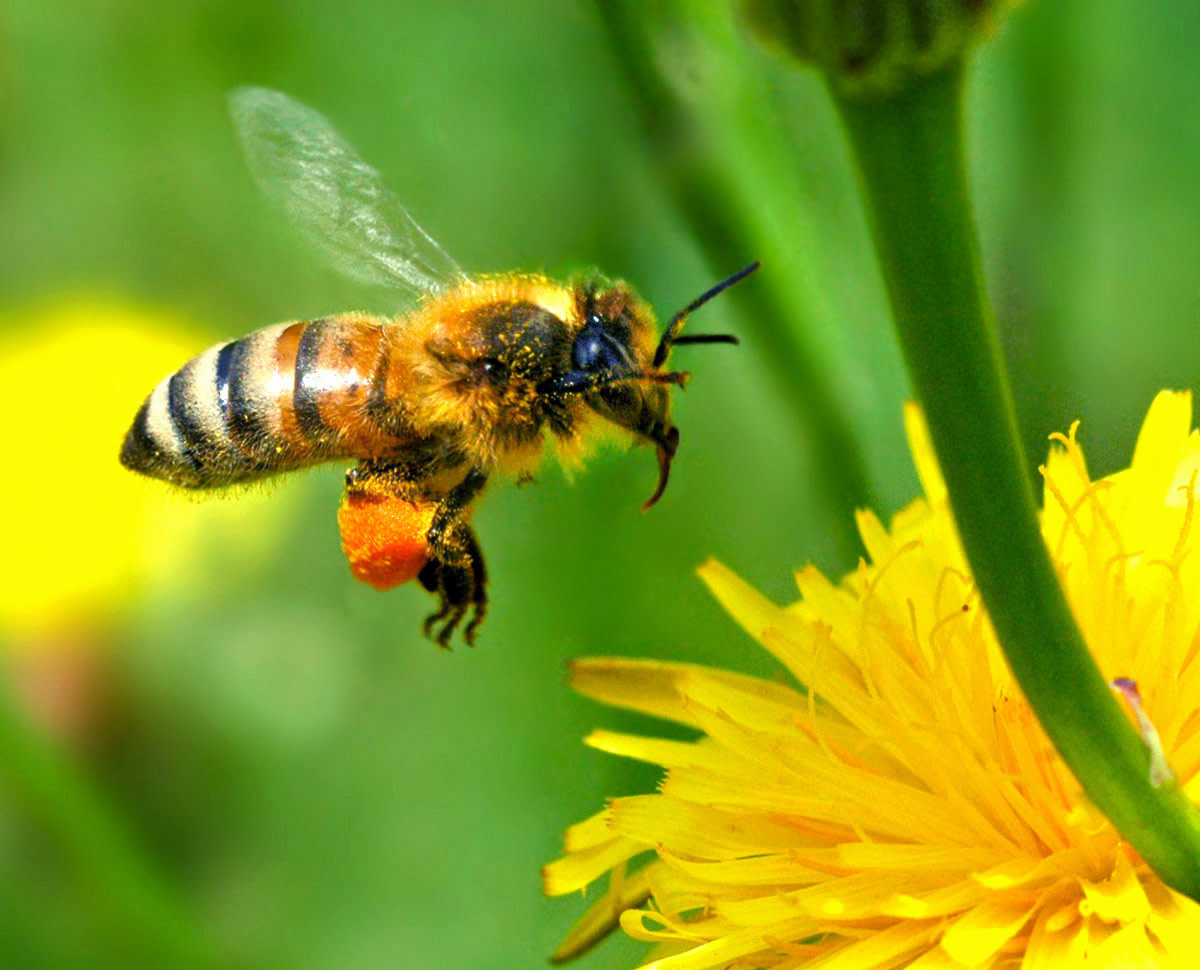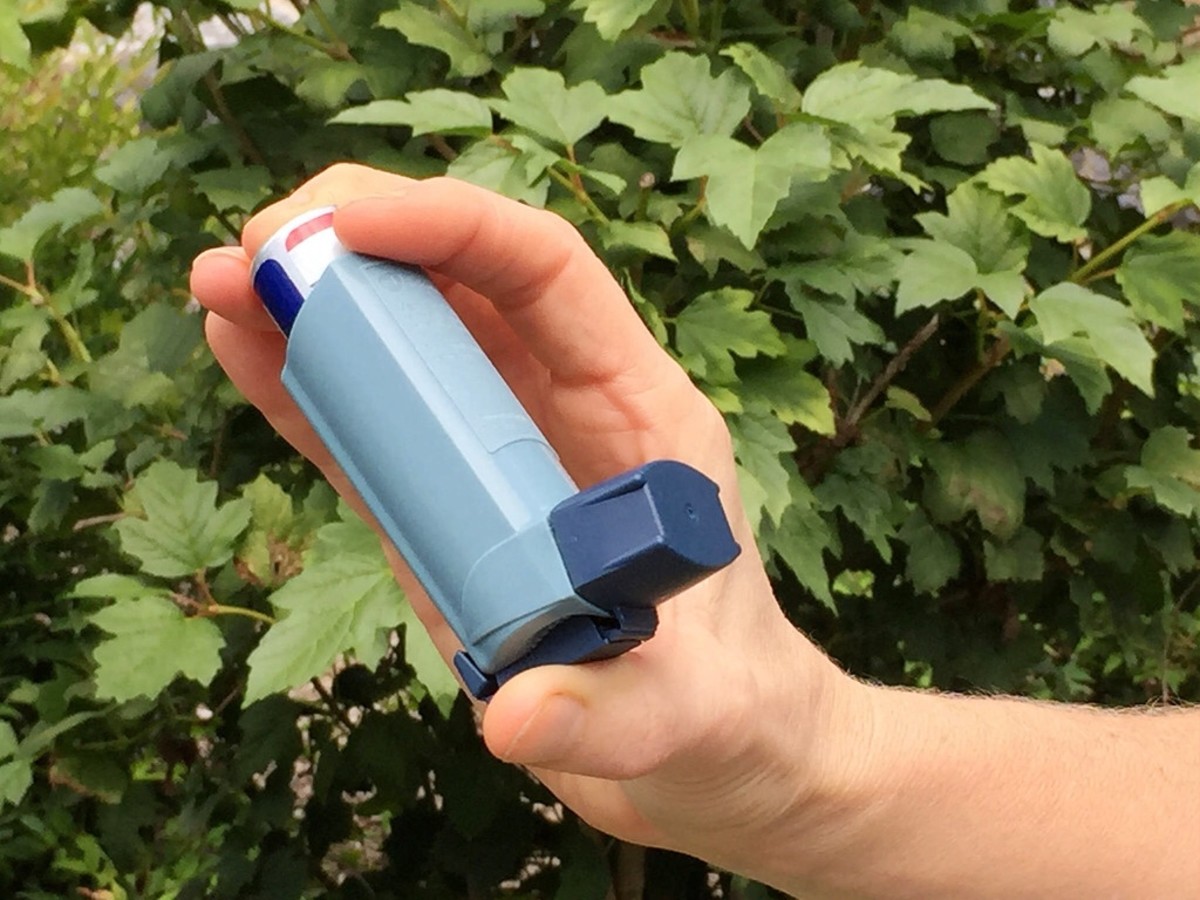Pesticides linked to Parkinson's Disease
Pesticides Kills Brain Cells
Parkinson's disease is a brain degenerative disorder characterized by trembling, slowness of walking, and cognitive difficulties. This is caused by death of cells that create the neurotransmitter dopamine.
What causes this brain cells to die? Exposure to pesticides is one possible suspect which have been linked to symptoms of Parkinson's disease. ABC News reports that ...
"long-term exposure to a widely used pesticides kills brain cells and triggers debilitating physical symptoms associated with Parkinson's disease."[5]
Animals injected with pesticides develop animal version of Parkinson's disease. Via tiny pumps attached to the rats jugular vein, scientists at Emory University administered low dose of a rotenone pesticide to the rats for as long as five weeks. Half the rats developed Parkinsonian symptoms and were found to have damaged or dead dopamine-producing cells in the brain.[5]
Rotenone is one of the pesticides that the US National Institutes of Health press release in 2011 said was linked to Parkinson's disease. The other pesticide was paraquat which had been banned in Europe since 2007.
Sustained environmental toxins such as pesticides puts large oxidative stress on the brain which may cause the protein parkin to malfunction.[6]
It is not just one or two types of pesticides that is a problem. Whole categories of pesticides have been linked with Parkinson's.
Reuters report titled "Study Confirms Parkinon's-Pesticides Link" says that ...
"Both insecticides and herbicides -- most notably organochlorines, organophosphorus compounds, chlorophenoxy acids/esters, and botanicals -- significantly increased the risk of Parkinson's disease, the researchers report in the online journal BioMedCentral (BMC) Neurology."[3]
The association between pesticides and Parkinson's is also mentioned in many health books. In the book The New Optimum Nutrition Bible, author Patrick Holford writes that ...
"Pesticide exposure is associated with depression, memory decline, aggressive outbursts, and Parkinson's disease."[1]
And you can find many other similar reports simply by doing a web search on the words "pesticides" and "Parkinson".
Although there is an equivalent of a gallon of pesticides on the fruits and vegetables that a typical person consumes in a year[1], we are not saying that the low levels of pesticides in the foods that we eat are enough to cause Parkinson's Disease in everyone.
Parkinson Disease can be caused by many factors and is a combination of both genetics and the environment. However there are quite a bit of evidence to suspect that there is a link between high exposure of pesticides triggering Parkinson's in genetically suspectible individuals.
A study by Oregon Health Sciences University reported that people exposed to pesticdes were almost six times more likely to get Parkinson's.[2] This is most notably seen in farmers who work with pesticides on a regular basis. Higher rates of Parkinson's was reported in farmers, welders, rural areas, and in people who drink well water.
Parkinson's in Farmers
In the book Saving Your Brain, neuro-scientist Jeff Victoroff tells of an incident when he saw a farmer in the intensive care unit that had came down with Parkinson's two days after doing a pesticide spraying job were he had not wore gloves or mask.[2]
Rodale reports of a case where a pesticide company had been ordered to pay a farmer who had suffered neurological problems including memory loss, headaches, and stammering after inhaling the chemical alachlor while cleaning the tank of his pesticide sprayer.
Read about Why You Should Get Organic and the dirty dozen foods that contain the most pesticides.
Go Organic
Many health experts recommend that people get organic produce whenever they can. When consumers buy more and more organics, the industry is pressured to produce more organic foods. This is better for us and better for the farmers who are exposed to them.
One out of three non-organic food that we eat contains traces of pesticides.[1] Unfortunately washing them may only remove about half of pesticide residues. Tests with apples, brocolli, and potatoes found that 50 percent to 93 percent of the pesticide residue remains even after washing with water.[1] Afterall, these residues were designed to stick on produce so that they do not get washed away with the rain.
References:
1. The New Optimum Nutrition Bible - page 34 - 35.
2. Saving Your Brain - page 104
3. "Study Confirms Parkinson's-Pesticides Link" by Reuters
4. Pesticides Cause Parkinson's Disease by NaturalNews.com
5. Study: Pesticides May Trigger Parkinson’s by ABC News
6. Pesticides could cause Parkinson's 'by stopping brain protein from cleaning up toxic molecules' - by DailyMail.co.uk









